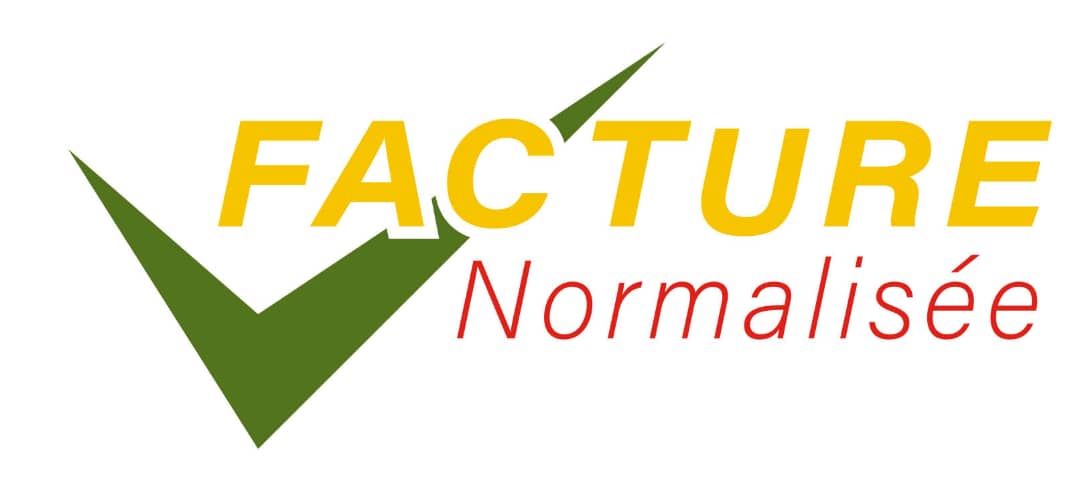


Context
The various economic and financial crises have provided governments around the world with a great opportunity to tackle tax evasion and the informal economy, which cause governments to lose large amounts of tax revenue each year. The benefits are enormous: stronger controls increase tax revenues, which leads to larger government budgets, stronger economic growth and more room to maneuver in financing economy.
Despite recent efforts by sub-Saharan Tax Administrations to control the tax base and thus increase tax revenues, tax revenues represent on average about 15% of GDP compared to 35% on average in OECD countries and 23% in Latin America.
It is clear from the above that there is still considerable room for improvement in the performance of tax administrations in terms of controlling the tax base. It is widely agreed that the much decried tax incivism is inversely proportional to the tax administration's ability to control the tax base. It is therefore necessary for tax administrations to strengthen their capacities in the fight against the informal sector and tax evasion, which is manifested by the non-declaration or under-declaration of taxable sales and income.
The non-reporting or underreporting of taxable sales and income is a global challenge. To effectively fight against this fraud, it is necessary to strategically improve the country's tax policy on the one hand and to strengthen the capacity of the tax administration on the other hand in order to better control the tax base.
It is in this dynamic that the Ministry of Finance and Budget has decided to put in place measures to prevent fraudulent manipulation of sales or their non-declaration by a standardized invoice.
This will not only help to fight against fraud, but above all will contribute to the increase of revenues.
1. Expected benefits
1.1. For taxpayers
Fewer hard copy documentation
The reform of the electronic invoicing system is likely to relieve taxpayers who will no longer have to worry about controlling the accounting of their companies. Indeed, the electronic machines installed will give the real situation of the transactions made on a daily basis and thus allow to control the flow of sales made by the employees in real time.
Compliance with the law
This system also eliminates the spirit of unfair competition between business promoters. It favors the payment of taxes impartially in the sense that no company will be able to declare less than what it earns.
Fewer controls
Moreover, thanks to the introduction of these machines, companies will be protected from the repetitive controls that tax agents carry out to verify accounts. Indeed, it is an open secret that the visit of tax inspectors to companies often disrupts the normal operation of the business.
1.2. For the State
Increase in tax revenues
The implementation of this reform aims first of all at a significant improvement of tax revenues without increasing the tax rate. The system, whose use by companies is made mandatory by law, significantly reduces the possibility of turnover fraud and corruption among these companies.
Better control of the formal sector
This reform will help strengthen the tax administration's ability to control the tax base. Formal sector businesses will find it easier to evade sales and therefore all taxes based wholly or partly on sales. The rate of tax compliance will be further improved because the tax administration's control efforts will be directed towards other risks, particularly in the area of tax niches.
More efficient tax audits at lower cost
With such a system, tax audits will take less time (reduction of the verification time by the tax authorities thanks to the information transmitted by the cash register system on the DGI's servers) and therefore will cost less and be more efficient. The system will report any attempts to disconnect the tax compliance solution from the electronic equipment recording the sales.
2. Who is concerned?
The law requires any taxpayer subject to VAT, whether or not he is a taxpayer, industrialist, trader, craftsman or service provider, who delivers goods or provides a service, to issue standardized invoices to his clients or consumers. Hotels, supermarkets, restaurants, nightclub and dance hall operators are notably concerned by the reform.

Copyright © 2023 Ministry of Economy & Finances
